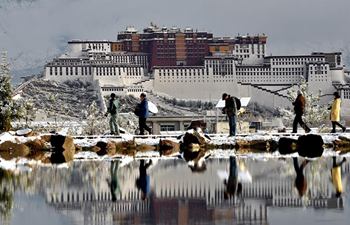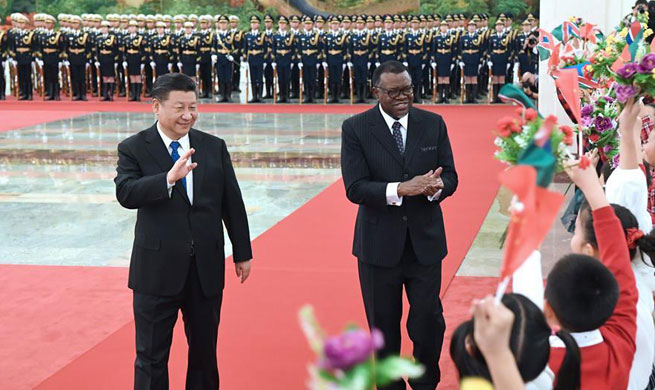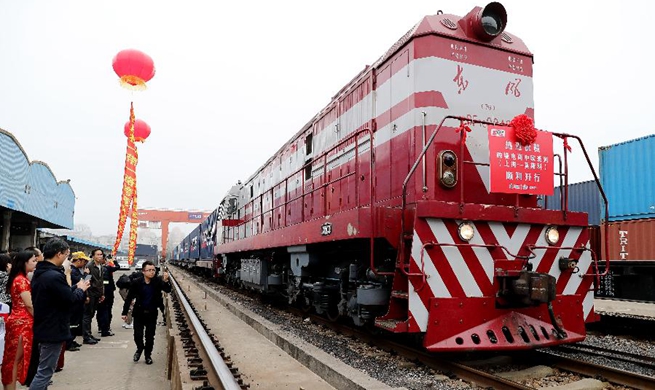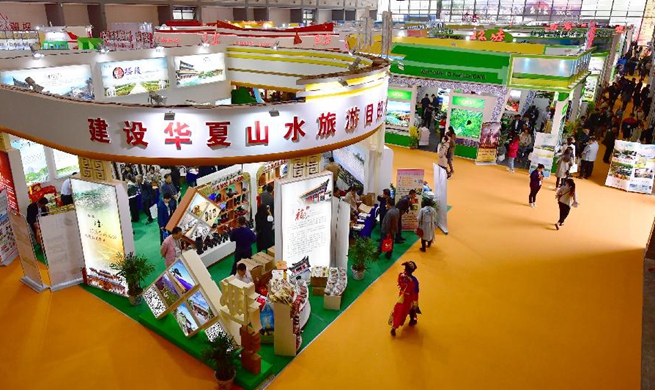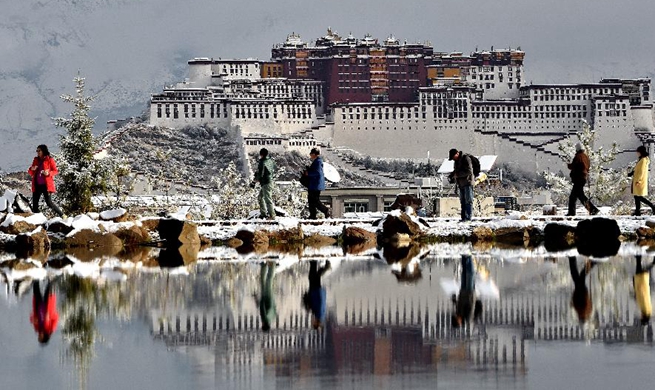GUIYANG, March 30 (Xinhua) -- Southwest China's Guizhou Province passed a regulation Friday to better protect the ruins of Huanglongtun castle, a world cultural heritage site.
The ruins are a Tusi heritage site in Zunyi City. The site, built in 1257, offers a glimpse to the centuries-old Tusi chieftain system and culture. Tusi refers to a tribal leader appointed as an imperial official by the central government.
The regulation, which will be put into force on July 1, includes stipulations on construction, protection, management and relevant legal obligations of the site.
The regulation was passed at a meeting of the Standing Committee of Guizhou Provincial People's Congress, the local legislature.
Together with the Tangya Tusi city in Hubei Province and the Yongshun old Tusi city in Hunan Province, the ruins of Huanglongtun castle were included into the World Cultural Heritage List in July 2015.
The Tusi system is a chieftain system adopted by feudal Chinese emperors to govern ethnic minorities in the southwest from the 13th to the early 20th century.




